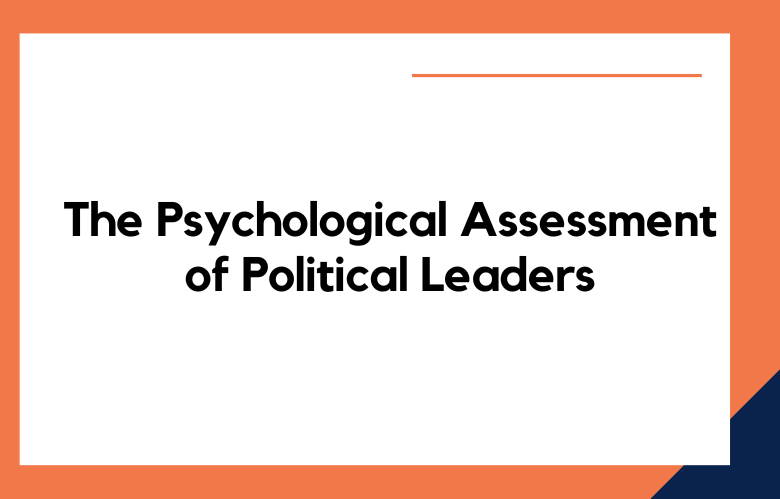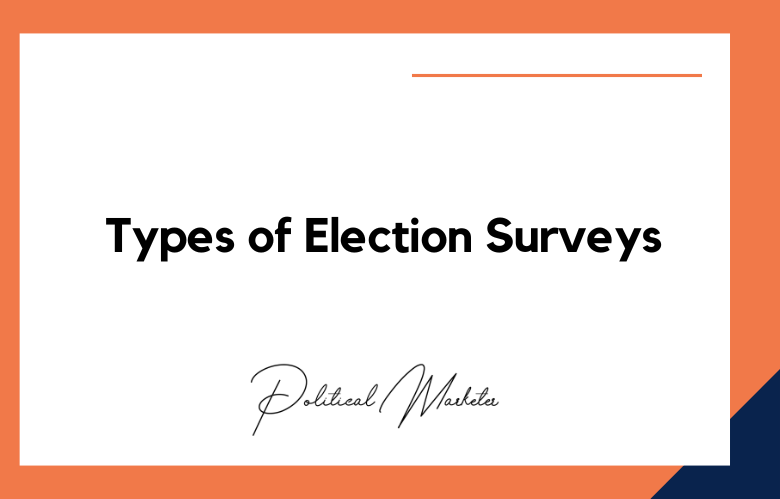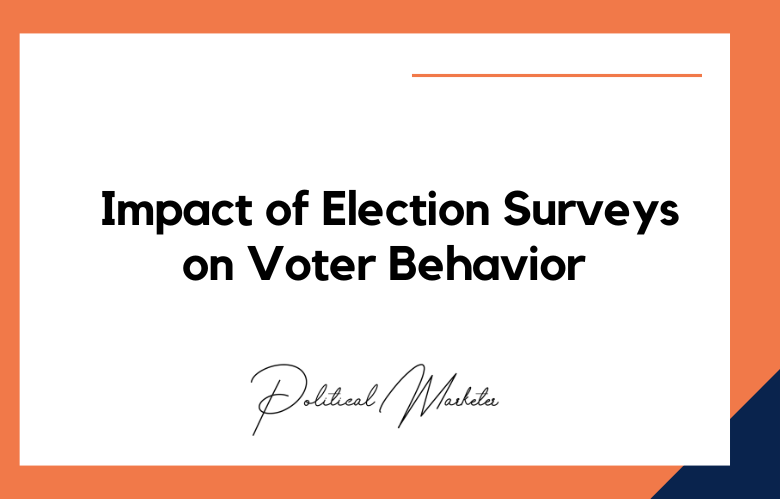The psychological assessment of political leaders involves a nuanced exploration of the mental frameworks, personality traits, decision-making processes, and behavioral tendencies that underpin their leadership styles and political actions.
The Psychological Assessment of Political Leaders
This interdisciplinary field synthesizes insights from psychology, political science, history, and sociology to construct comprehensive profiles that can predict leaders’ responses to various domestic and international challenges.
At the heart of this assessment is the belief that understanding the psychological makeup of political figures is crucial for anticipating their governance strategies, crisis management approaches, and diplomatic interactions. It delves into cognitive biases, emotional intelligence, leadership theories, and the impact of personal experiences and beliefs on policy-making.
The process often involves analyzing public speeches, writings, decisions, and personal histories to identify patterns and vital psychological drivers. Such assessments provide valuable insights for policymakers, diplomats, and analysts, offering a deeper understanding of world leaders’ motivations and potential actions.
As we embark on this exploration, we must recognize the complexity and ethical considerations of psychoanalyzing public figures without direct psychological evaluation. Nonetheless, this field offers a fascinating lens through which to view the intricate dance of global politics, providing strategic advantages in negotiations, alliance building, and conflict resolution.
Mind Games: Analyzing the Psyches of Political Leaders
Political leaders are often some of the most scrutinized individuals in the world, with their every move and decision subject to intense public scrutiny. But what makes these leaders tick? What drives their decision-making, public persona, and their approach to governance? In this article, we’ll delve into the fascinating world of political psychology and explore how psychologists analyze the psyches of political leaders to gain insights into their behavior and leadership styles.
Political psychology is a multidisciplinary field that draws on theories and methods from psychology, political science, and other social sciences to understand the psychological factors that influence political behavior. By examining political leaders’ personalities, motivations, and cognitive styles, psychologists can provide valuable insights into their likely behavior in different situations and their effectiveness as leaders.
Inside the Minds of Power: Psychological Profiles of Political Leaders
Psychological profiling of political leaders involves analyzing their cognitive abilities, personality traits, and emotional intelligence to gain insights into their behavior, motivations, and leadership styles. Psychologists can develop comprehensive profiles of leaders through interviews, observations, and assessments that provide valuable information for voters, political analysts, and even leaders.
One key benefit of psychological profiling is that it can help identify leaders with the emotional intelligence and interpersonal skills to navigate complex political landscapes effectively. Organizations can provide additional support and training to enhance their abilities and improve their leadership effectiveness by understanding a leader’s strengths and weaknesses.
Decoding Politicians: A Psychological Examination of Leadership
Political leadership is a complex and challenging role requiring unique skills, abilities, and personal qualities. Researchers have turned to psychological profiling as a tool for decoding politicians’ minds better to understand the psychological underpinnings of effective political leadership.
Psychological profiling involves analyzing a leader’s cognitive abilities, personality traits, and emotional intelligence to gain insights into their behavior, motivations, and leadership styles. By examining factors such as intelligence, charisma, and decision-making style, psychologists can identify the psychological profiles most likely to lead to effective leadership in the political sphere.
One critical finding of psychological profiling research is that successful political leaders often possess high emotional intelligence and interpersonal skills. They can read and respond to others’ emotions, build coalitions and alliances, and communicate effectively with diverse audiences.
The Personality Politics: Understanding Leaders Through Psychology
One of the critical theories in political personality is the Five-Factor Model, which identifies five broad dimensions of personality: extraversion, neuroticism, agreeableness, conscientiousness, and openness to experience. These traits have been linked to various political behaviors and outcomes, including leadership style, policy preferences, and electoral success.
Another approach to understanding political personality is psychobiography, which involves an in-depth analysis of a leader’s life history and psychological development. Psychobiographers use various sources, including interviews, personal letters, and public statements, to develop comprehensive psychological profiles of political leaders.
The Mental Map of a Leader: Psychological Assessments in Politics
Political leadership is a complex and demanding role that requires a unique blend of skills, abilities, and personal qualities. To better understand political leaders’ mental and psychological makeup, psychologists have developed various assessment tools and techniques that can provide valuable insights into their cognitive abilities, personality traits, and emotional intelligence.
One of political psychology’s most common assessment tools is the psychometric test. This test measures various aspects of cognitive ability, including intelligence, memory, and problem-solving skills. It can provide valuable information about a leader’s intellectual strengths and weaknesses and likely performance in different situations and roles.
Master Manipulators: Unraveling the Psychology of Political Leaders
Political leaders are often known for their ability to inspire, mobilize, and influence the masses, but what makes them so effective at winning hearts and minds? In this article, we’ll delve into the psychology of political leaders and explore how they use their emotional intelligence, charisma, and other psychological strategies to win over followers and achieve their goals.
Emotional intelligence is a critical factor in political leadership. Leaders with high emotional intelligence are skilled at reading and responding to others’ emotions, which allows them to build trust, inspire loyalty, and connect with diverse audiences.
Through their ability to empathize with and understand the needs and concerns of their followers, emotionally intelligent leaders can effectively communicate their vision and mobilize support for their agenda.
The Power Play: A Psychological Analysis of Political Leadership
One such theory is the “power approach” to political leadership, which posits that the primary motivation of political leaders is the pursuit of power and influence. According to this theory, leaders desire to maximize their power and control over resources, decision-making, and others. This drive for power can lead to various leadership styles, from authoritarian to democratic, depending on the leader’s personality, values, and beliefs.
Another psychological theory of political leadership is the “trait approach,” which argues that certain personality traits are associated with effective leadership. These traits may include charisma, intelligence, emotional stability, and openness to experience. According to this theory, individuals who possess these traits are more likely to emerge as leaders and be perceived as effective by their followers.
Conclusion:
However, it is essential to approach psychological assessments cautiously, recognizing their limitations and potential biases. Additionally, psychologists must be aware of the ethical considerations in assessing political leaders and ensure that their work is conducted with transparency and respect for individuals’ privacy and autonomy.
Despite these challenges, psychological assessments can be critical in informing decision-making in political contexts. By identifying leaders with the cognitive abilities and personality traits necessary to navigate complex political landscapes effectively, psychologists can help organizations select and support individuals well-equipped to achieve their goals and serve the public good.
Call: +91 9848321284
Email: [email protected]










